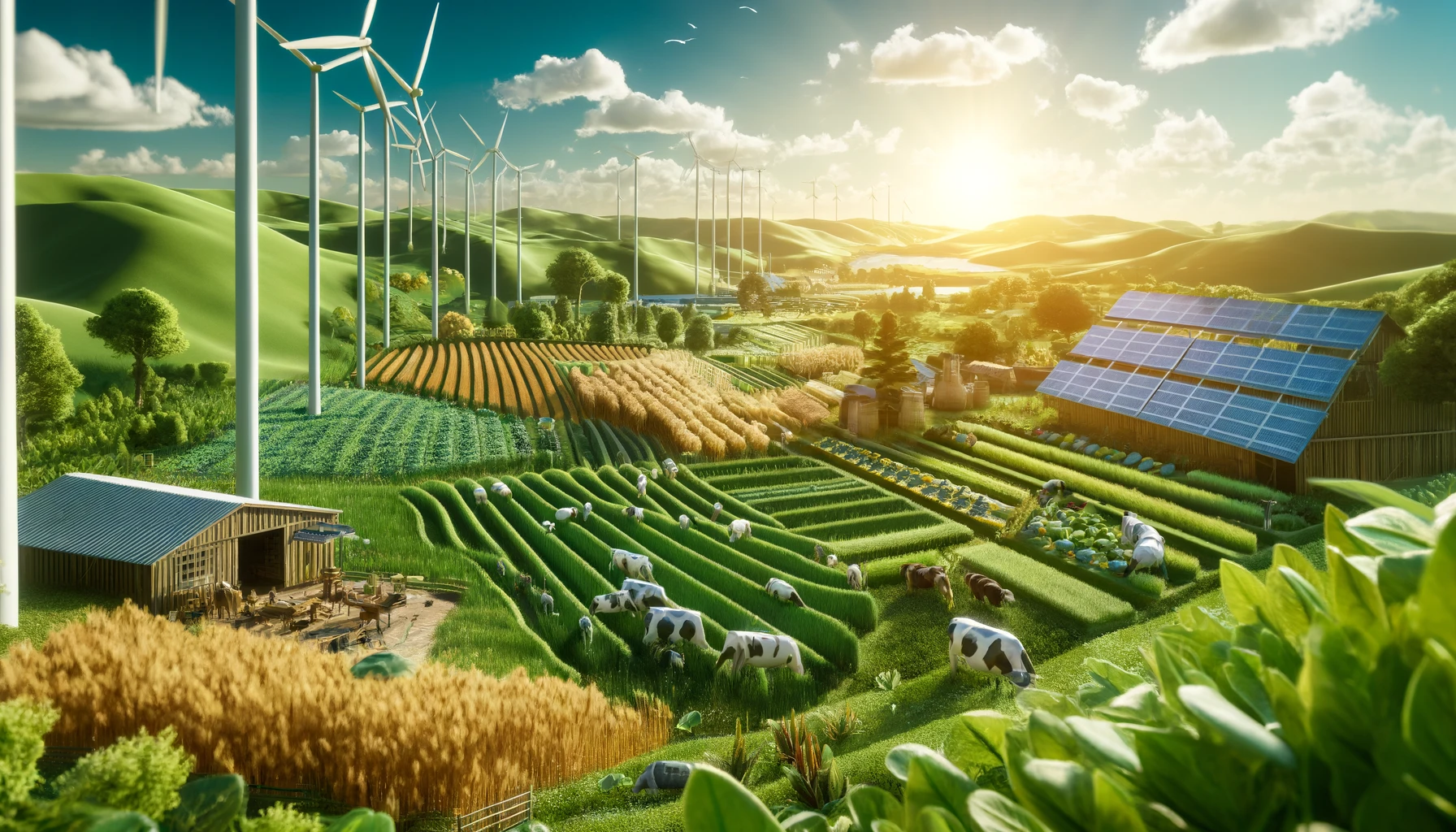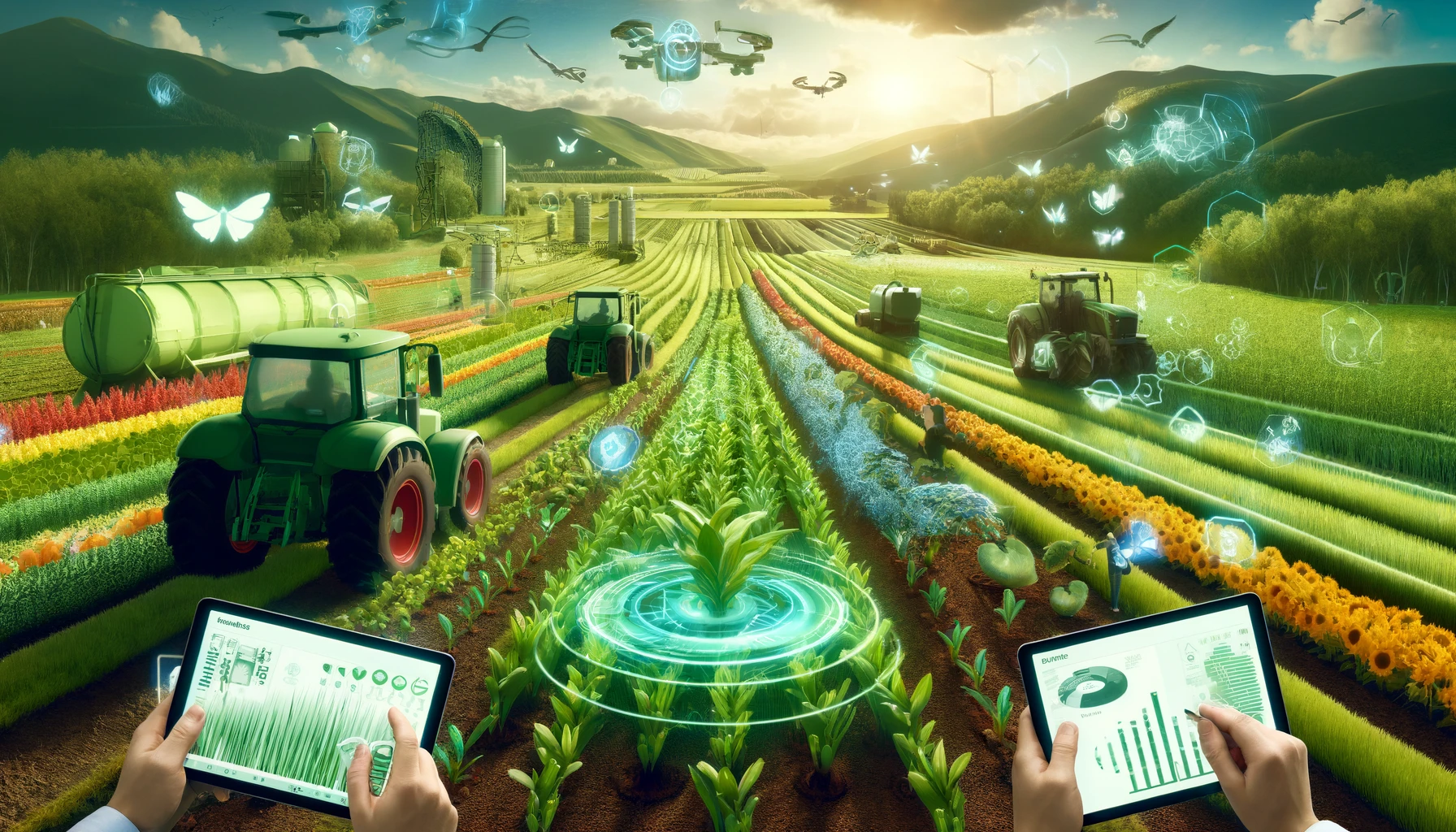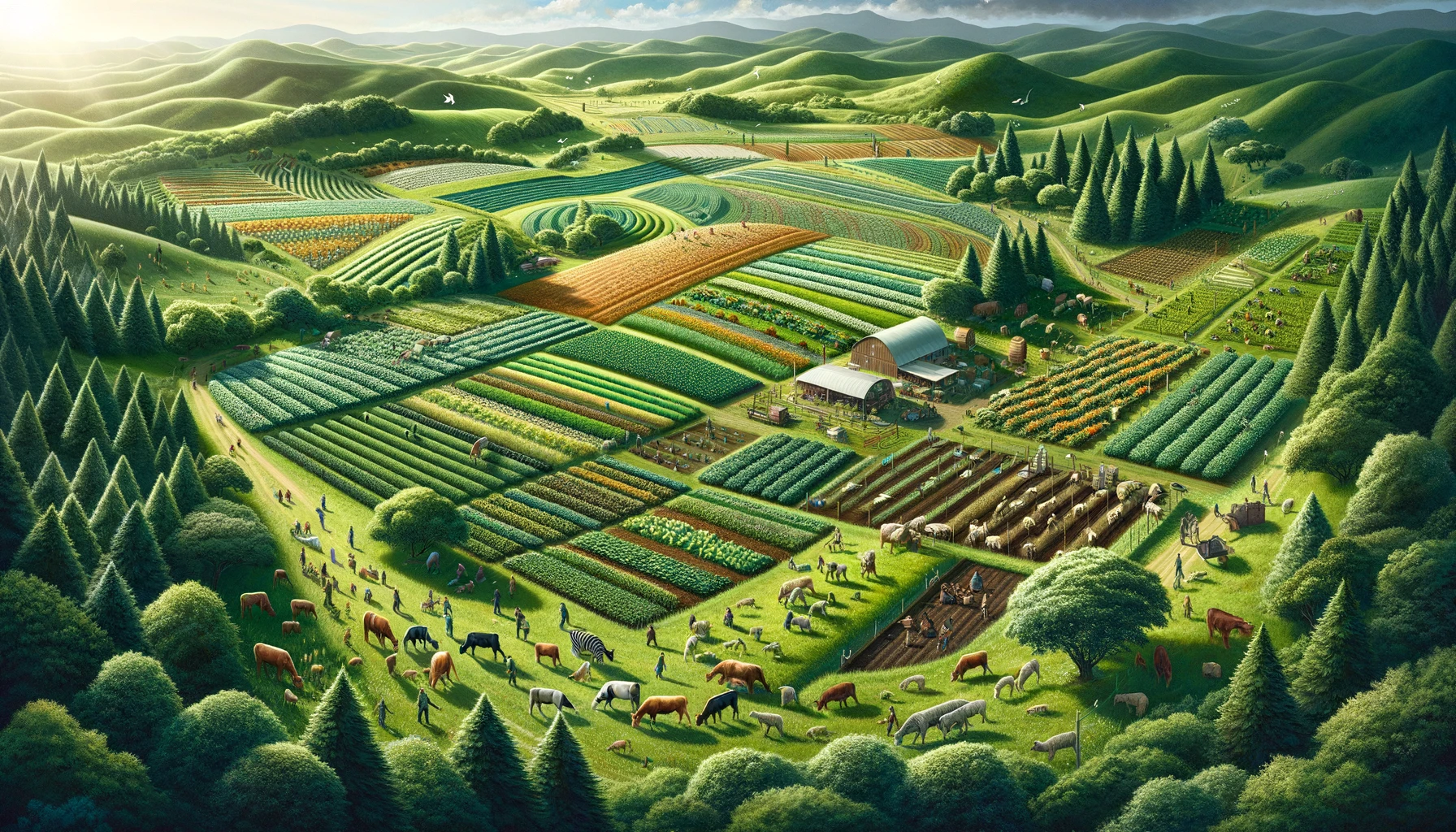Category: Eco
-

Catastrophe from the Cosmos: What If the ISS Crashed into St. Petersburg?
The hypothetical scenario of the International Space Station (ISS) crashing into St. Petersburg, Florida, presents a complex tapestry of consequences, ranging from the financial to the human toll, and raising questions about the aftermath of such an unprecedented disaster. The ISS, a symbol of international cooperation and scientific achievement, orbits Earth at an average altitude…
-

The Breath of the Earth: Protecting the Quality of Our Global Air
Air, the invisible sustainer of life, envelops our planet in a vital shroud. It is a mixture of gases—primarily nitrogen and oxygen, with traces of carbon dioxide, water vapor, and other elements—that forms the Earth’s atmosphere. This complex blend is as essential to life as water, and its currents and composition affect everything from the…
-

Global Water Crisis Intensifies: Scarcity, Pollution, and Climate Change Threaten Vital Resource
Across the globe, the state of water resources is reaching a critical point that demands immediate attention and action. From shrinking glaciers and drying rivers to contaminated supplies and rising demand, the narrative surrounding water is increasingly one of scarcity and crisis. This evolving situation impacts everything from the environment and health to economies and…
-

Tech-Driven Startups Like Vibrant Planet Lead Ecological Innovations to Combat Climate Change
In the face of escalating climate crises, such as rampant wildfires, startups like Vibrant Planet are spearheading innovative tech-driven approaches to ecological sustainability. These startups are leveraging advanced technologies, including big data analytics and cloud-based platforms, to develop solutions that not only tackle immediate ecological threats but also foster long-term environmental resilience. Vibrant Planet, for…
-

Carbon Capture on the Farm: Regenerative Practices Turn Soil into Carbon Sinks
Regenerative agriculture represents a transformative approach to farming, one that aims to restore and enhance the health of our ecosystems while simultaneously addressing pressing economic and social issues. This method of agriculture focuses on techniques that rejuvenate the soil, conserve water, and capture atmospheric carbon, presenting a robust response to environmental degradation. At the heart…
-

Reviving Soils Naturally: The Power of No-Till Farming
Regenerative agriculture represents a shift towards more sustainable farming practices, focusing on techniques that rejuvenate the earth and foster ecosystem health. This approach encompasses several core practices, including no-till farming, cover cropping, crop rotation, integrated livestock management, and the use of agroforestry and permaculture principles. Each of these practices plays a crucial role in building…
-

Building Resilience: How Regenerative Techniques Prepare Farms for Climate Uncertainties
Regenerative agriculture is gaining traction globally as a solution to not only sustain farming practices but also restore ecosystems and biodiversity. Through various case studies, we observe both the challenges and the transformative benefits of this approach. One such success story comes from the Loess Plateau in China, where extensive degradation once led to severe…
-

Advancing Regenerative Agriculture: The Critical Role of Modern Technology
Regenerative agriculture is not just a return to the old ways of farming but a forward-looking movement that incorporates both ancient wisdom and modern technology. The role of technology in this field is pivotal, acting as a catalyst for developing and implementing practices that restore and enhance the health of agricultural ecosystems. Innovations in farming…
-

Overcoming the Hurdles: Addressing the Challenges and Barriers to Adopting Regenerative Agriculture
The adoption of regenerative agriculture, while beneficial for both the environment and agricultural productivity, faces significant challenges and barriers. These obstacles range from economic hurdles and market barriers to policy and regulatory challenges, as well as educational and cultural barriers faced by farmers. Economic hurdles are among the most pressing obstacles to adopting regenerative agriculture.…
-

Exploring the Future of Regenerative Agriculture: Trends, Impact, and Consumer Roles
Regenerative agriculture is gaining traction as a transformative approach to farming that emphasizes restoring the health of agricultural land. By focusing on improving soil health, increasing biodiversity, and enhancing ecosystem services, regenerative practices promise not only to sustain agricultural productivity but also to address pressing environmental issues like climate change. One of the most exciting…